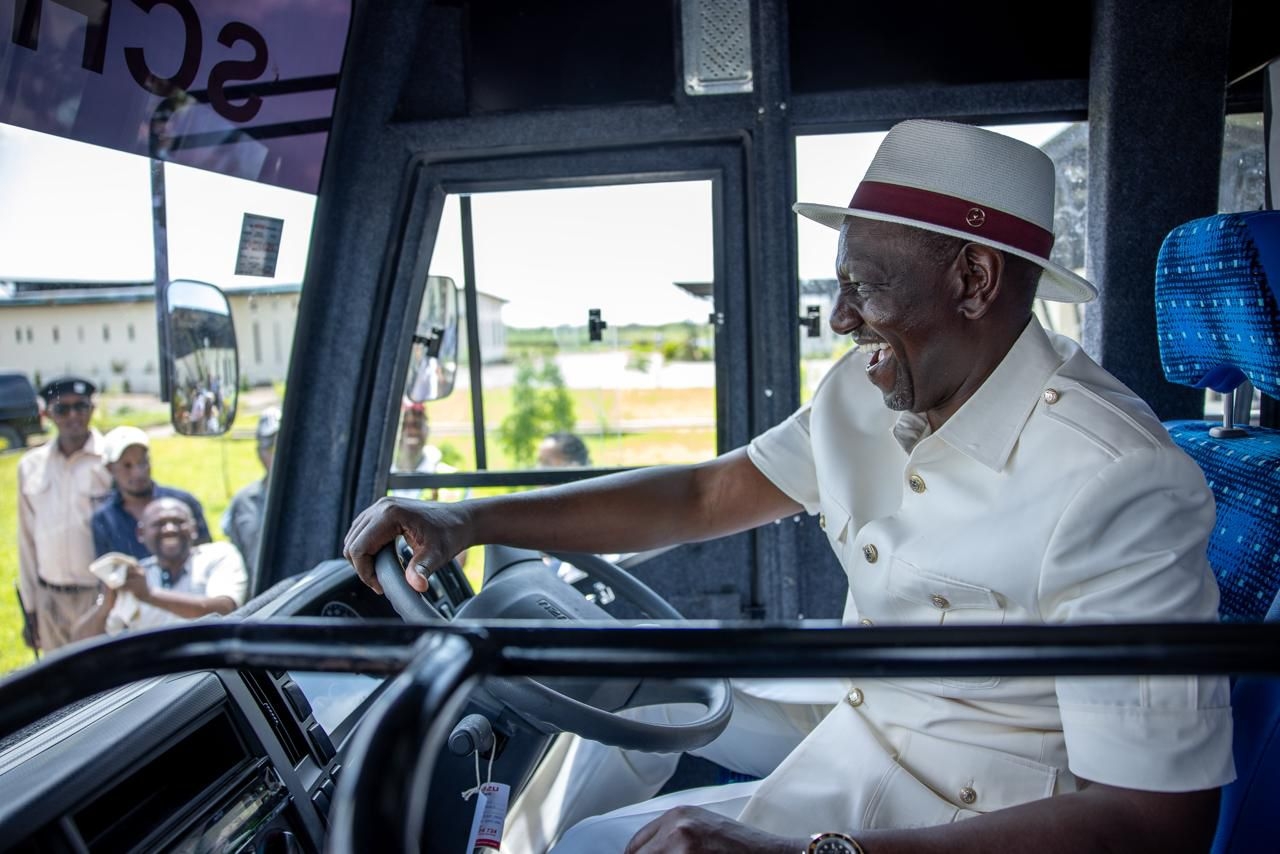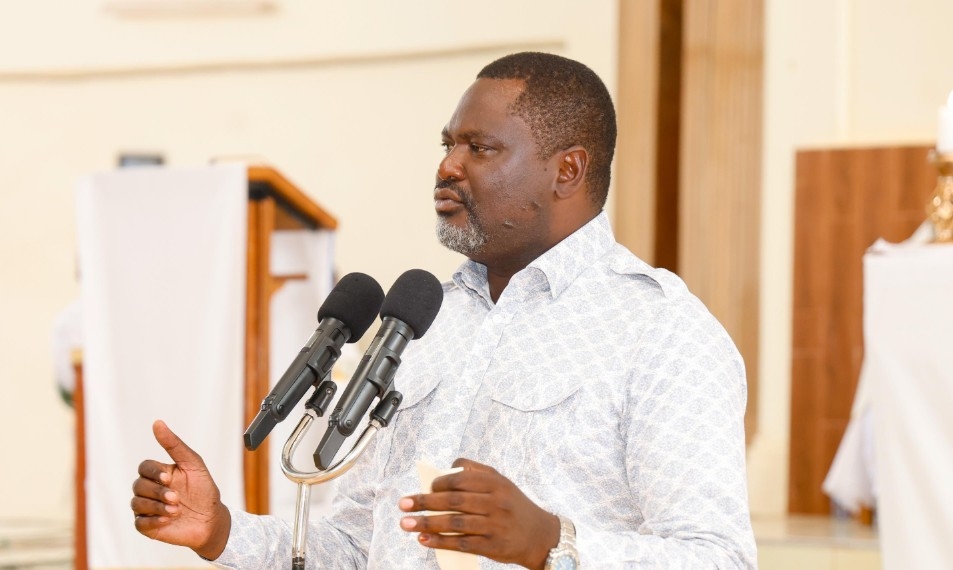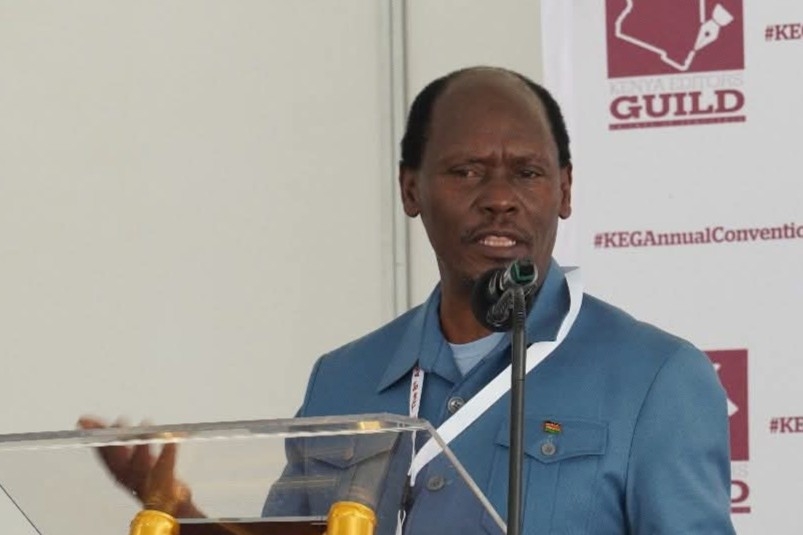At least 14 financially challenged Muslim students have reason to smile thanks to a scholarship programme targeting the Muslim communities.
The Scholarship Programme for Muslim Communities (SPMC) enables needy students to pursue their education and training in various spheres both locally and internationally.
The scholarship aims to assist the most needy students who are thirsty to get an undergraduate education and train them to be professionals with dedication and commitment to developing their communities.
It was established in 1983, through the partnership of the Islamic Development Bank (IsDB) and the Supreme Council of Kenya Muslims (SUPKEM).
SUPKEM chairman Hassan Hassan Ole Naado said in a statement that the programme is designed to enhance the socio-economic status of Kenya’s Muslim community through higher education.
He said despite efforts to improve their socio-economic status in our country where they are in the minority, the Muslim community in Kenya still lags in education, especially in technical education and professional specialization.
“We are hoping that this addresses and preserves cultural and religious identities, and enables beneficiaries to make meaningful contributions to the development of their country,” he said.
The beneficiaries, he said, will undertake various professional fields hence fostering personal and community development.
He noted that since its establishment, it has been instrumental in bridging the educational gap faced by Muslim students in developing countries including Kenya.
This is because it has supported individual scholars and drives the community’s socio-economic development.
The programme's sustainability has been a success through a self-reinforcing mechanism where the loans repaid are used to fund new scholarships, he added.








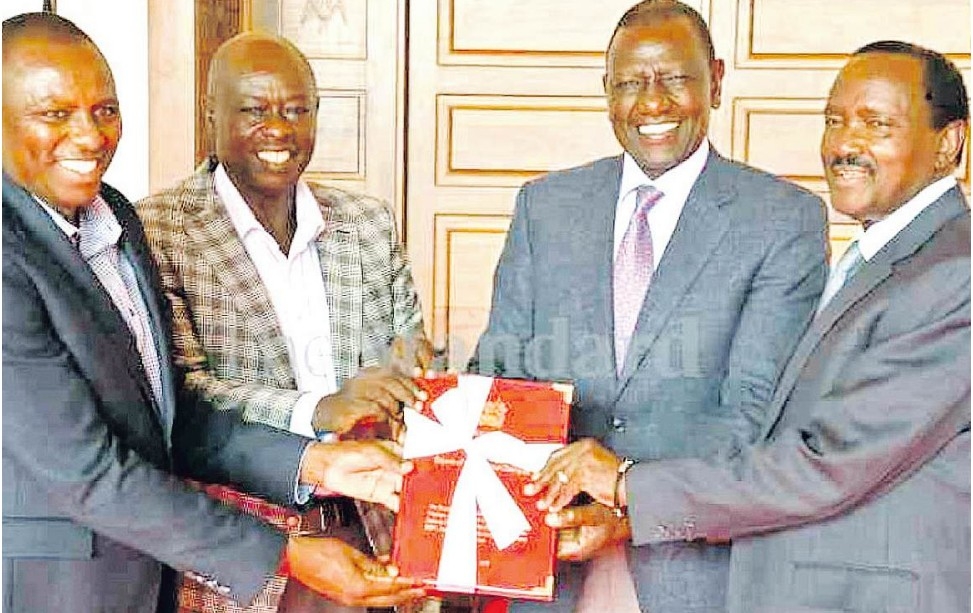
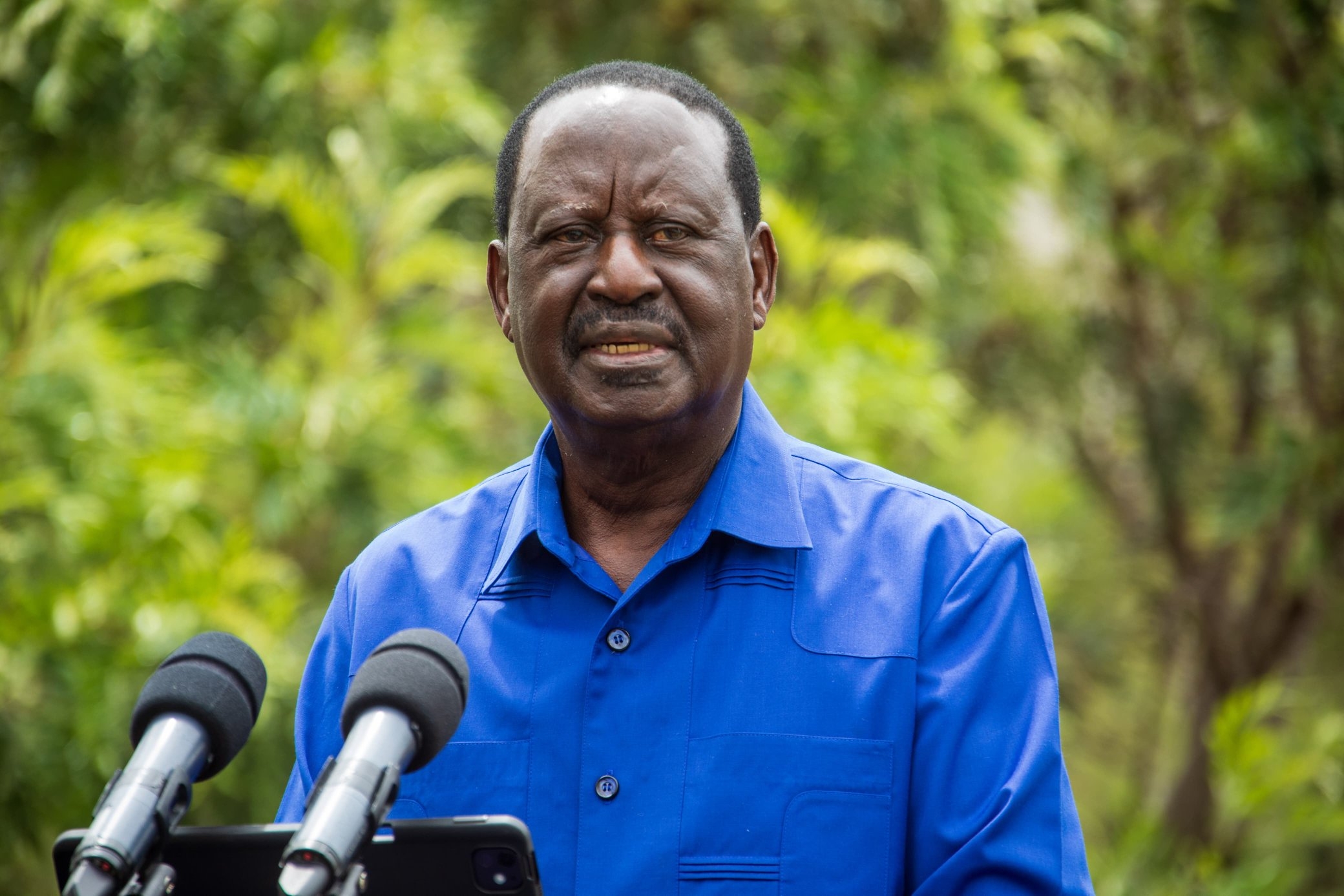

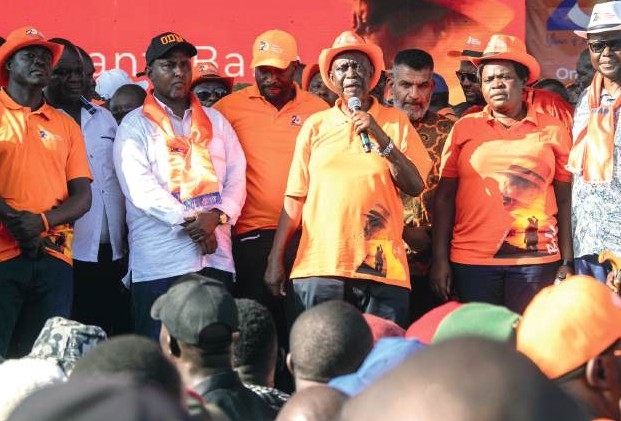
![[PHOTOS] Ruto present as NIS boss Noordin Haji's son weds](/_next/image?url=https%3A%2F%2Fcdn.radioafrica.digital%2Fimage%2F2025%2F11%2Ff8833a6a-7b6b-4e15-b378-8624f16917f0.jpg&w=3840&q=100)

